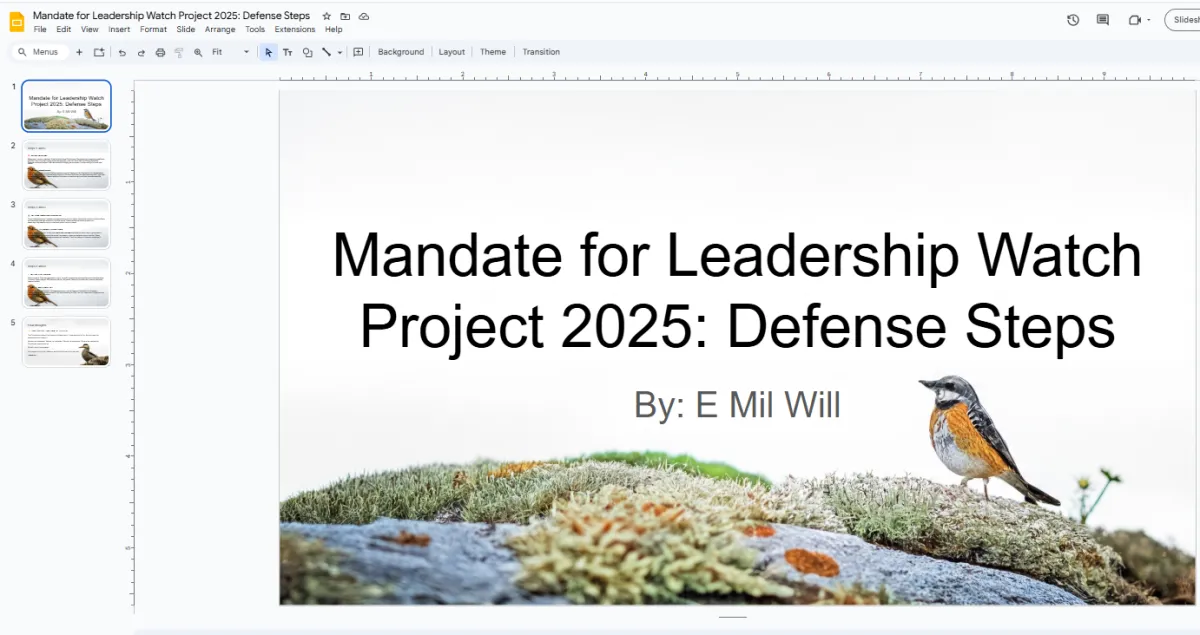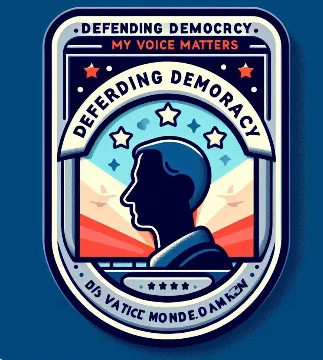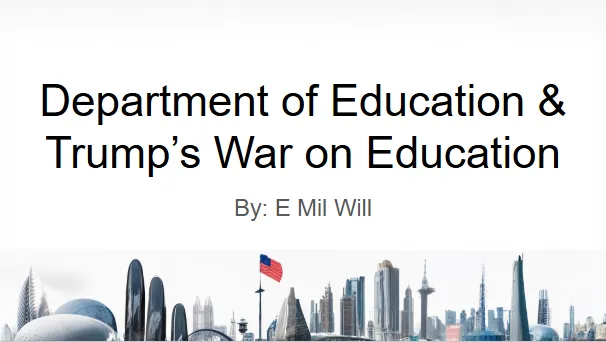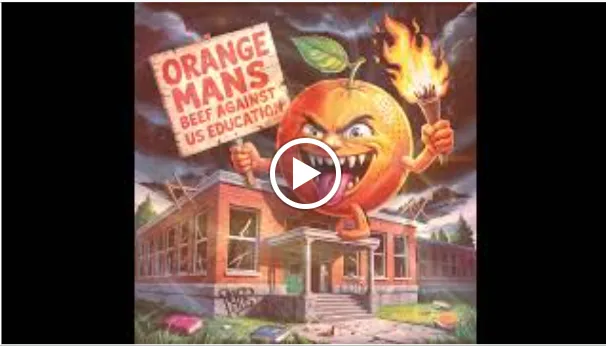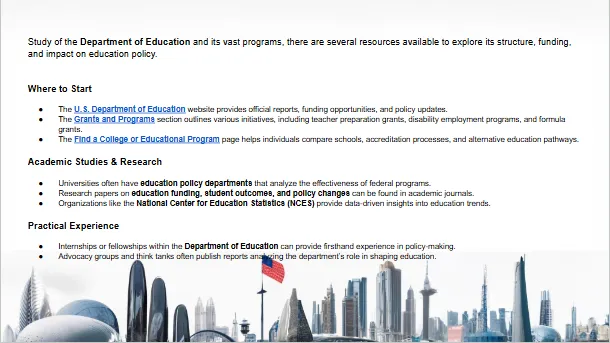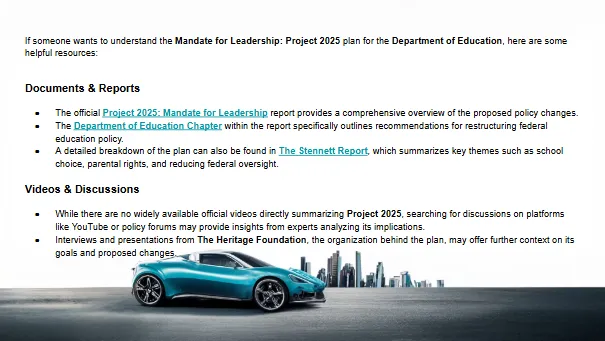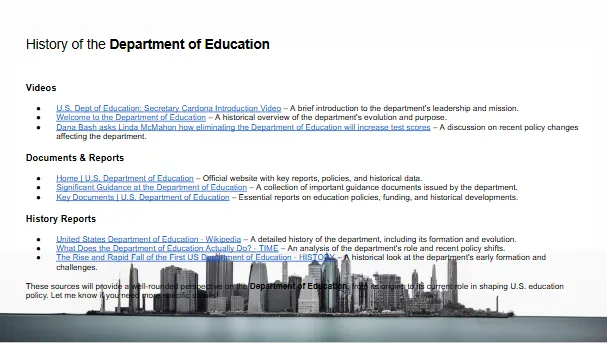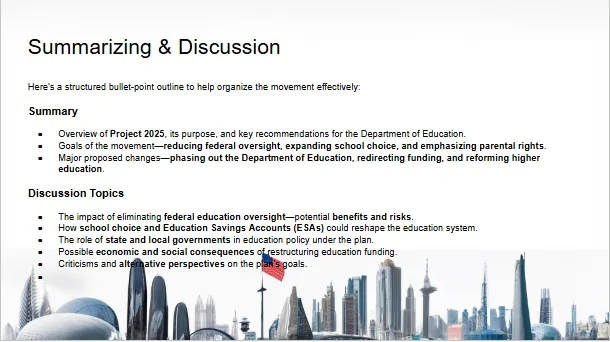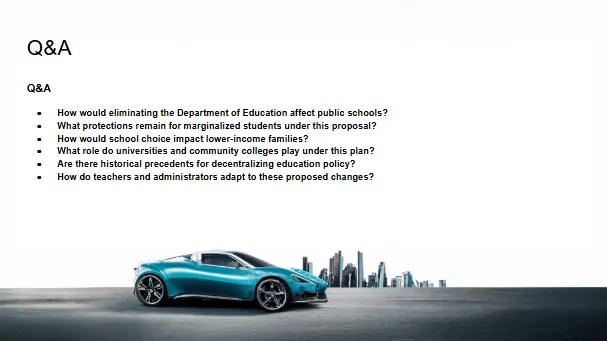UNDERSTANDING THE CONSERVATIVE PROMISE: MANDATE FOR LEADERSHIP
Project 2025 Watch
EXECUTIVE BRANCH
VS
CONSTITUTION
Chapter 1:
WHITE HOUSE OFFICE
Review
Reading Mandate with Summary
Here's a summary of the excerpt you provided from Mandate for Leadership: The Conservative Promise (Russ Vought, Executive Office of the President chapter):
The chapter argues that the U.S. Constitution vests all executive power in the President, not in federal agencies or unelected bureaucrats. However, the modern federal bureaucracy often operates independently, pushing its own agenda or that of left-leaning interests. This undermines the President’s constitutional authority and threatens self-governance. A conservative President, according to the text, must take strong action to reclaim control of the executive branch, reduce bureaucracy, and return power to the people—particularly local communities, families, and states. To do this, the President must use the tools within the Executive Office of the President (EOP), especially the Office of Management and Budget (OMB).
Key Points on the OMB:
OMB’s Role: Acts as the President’s "air-traffic control system" for implementing policies across the executive branch. It ensures agency actions align with the President’s agenda in budget, regulations, management, and legislative coordination. Authority and Tools: The OMB wields statutory tools like apportionments (how funding is distributed to agencies), allowing oversight of spending and alignment with policy goals. Leadership Structure: The chapter calls for a strong, proactive OMB Director who acts as the President’s policy proxy, not as a defender of bureaucratic norms. The Director should have close relationships with key staff, especially the Budget Review Division and Office of General Counsel. Recommendations: Shift apportionment authority back to political appointees (PADs), not career staff (DADs).Expand the number of Resource Management Offices (RMOs) and PADs for closer policy oversight. Introduce administrative PAYGO, requiring agencies to offset new spending or regulatory actions with savings elsewhere. Fiscal Responsibility: The U.S. faces a $31 trillion debt. The OMB should lead the charge in establishing fiscal discipline via the President’s budget and agency spending control. Management Functions: The “M-Side” of OMB oversees procurement, personnel, IT, and more. The team should aggressively break down internal barriers and turf wars within OMB to function as a united force for the President's agenda.
Overall Message:
The chapter calls for assertive presidential leadership to take control of the federal bureaucracy, rein in spending, and enforce conservative policy across the executive branch using OMB as the primary vehicle. Let me know if you want a bullet-point version, quote references, or want to continue into the next section. Here's a summary of the section from Mandate for Leadership: The Conservative Promise covering the Executive Office of the President and key agencies/offices
Chapter 1:
WHITE HOUSE OFFICE
White House Detail:
PAGE 23-42
AUTHOR: Rick Dearborn
AUTHOR BACKGROUND CHECK:
Rick Dearborn is a Republican political strategist who played a key role in shaping Donald Trump’s policy agenda. He worked as a senior aide to Senator Jeff Sessions and later served as Deputy Chief of Staff for Operations in the Trump White House. Dearborn was instrumental in crafting policies related to immigration, deregulation, and tax reform, and contributed to the broader "America First" platform. His behind-the-scenes work in both the Trump campaign and administration helped advance the president's conservative mandate, particularly in areas like national security and economic policy.
POWER POINT ON DEFENSIVE PLANS FOR THOSE WHO WANT TO MAKE A DIFFERENCE
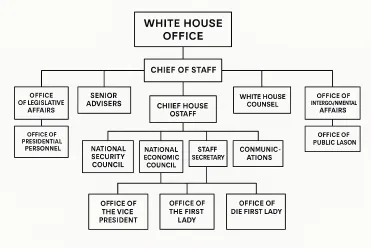
🔹White House Office (WHO) Roles/Offices Overview
Supports the President’s executive power. Staff shape national policy and legacy. Emphasizes delegation, loyalty, and clear structure.
🔹 Key Roles & Offices
Chief of Staff (CoS)
Most powerful aide. Oversees WHO & Executive Office of the President. Aligns priorities, manages staff, coordinates councils (NSC, NEC, DPC).
Deputy Chiefs of Staff
Operations Deputy: Manages logistics, travel, security. Policy Deputy: Oversees policy development, outreach.
Senior Advisers
Strategic and political advisors. Roles must be defined to avoid overlap.
White House Counsel
Legal advisor to the President. Ensures compliance, protects executive power, coordinates with DOJ.
Staff Secretary
Controls document flow to/from Oval Office. Oversees briefing books, speech drafts, and presidential records.
🔹 Communications & Public Engagement
Office of Communications
Manages public messaging, speeches, media. Includes Press Secretary and speechwriters.
Office of Legislative Affairs (OLA)
Liaison to Congress. Works on confirmations, legislation, and appropriations.
Office of Presidential Personnel (PPO)
Manages ~4,000 political appointments. Ensures ideological alignment; critical for long-term staffing.
Office of Political Affairs (OPA)
Coordinates with campaigns, party groups. Tracks political impact of policy.
Office of Cabinet Affairs (OCA)
Links Cabinet and White House. Ensures departments follow presidential directives.
Office of Public Liaison (OPL)
Connects with civil society (faith, minority, economic groups).Organizes stakeholder engagement.
Office of Intergovernmental Affairs (IGA)
Coordinates with state, local, tribal governments. Promotes policy cooperation across levels.
🔹 Policy Councils (for Coordination) and Other Offices
National Security Council (NSC)
Handles foreign policy, national security. Slimmed down for efficiency (~100–150 staff).
National Economic Council (NEC)
Oversees economic policy (domestic + international).Works with CEA for data analysis.
Domestic Policy Council (DPC)
Covers domestic issues (e.g., healthcare, immigration).Coordinates long-term, non-economic policy.
Policy Process Tiers:
PCC → Deputies Committee (DC) → Principals Committee (PC) → President
🔹 Other Offices
Office of the Vice President (OVP)
VP advises President, may lead initiatives. Represents U.S. abroad and in Congress.
Office of the First Lady/First Gentleman
Champions social causes aligned with the administration’s goals. Operates from the East Wing.
Understanding what this part of the Mandate means to you?
Political choices are often framed as partisan debates or policy preferences, but their effects ripple far beyond political circles—they shape the very fabric of our daily lives. The policies a government chooses influence the cost of living, the availability of jobs, and the safety of our communities. Decisions made in the White House can determine whether families have access to clean water, stable housing, or affordable child care. Infrastructure investments—or the lack thereof—impact everything from how long it takes to get to work to whether a neighborhood floods after heavy rain. In this way, politics becomes personal, affecting how we live, work, and move through our days.
Globally, U.S. political decisions affect the lives of people overseas—from military interventions and foreign aid to trade agreements and climate commitments. What happens in Washington can mean life or death for families in conflict zones, stability or collapse for fragile economies, and hope or despair for those fleeing persecution. At home, political choices determine the curriculum in schools, the availability of mental health support, the quality of air and water, and how quickly a community recovers from a natural disaster. Whether it’s access to reproductive care, the price of insulin, or protections against environmental pollution, the connection between policy and quality of life is immediate and profound.
If the White House were to evolve into a centralized authority with unchecked power—like what occurred in Germany during the rise of authoritarianism—it would mark a dangerous erosion of democratic norms and civil liberties. Independent institutions could be weakened or dismantled, dissent suppressed, and citizens forced to conform to a narrow ideological agenda. This would not only undermine individual freedoms but destabilize international alliances, encourage global conflict, and bring uncertainty to trade, climate, and humanitarian efforts. The consequences wouldn’t be abstract—they’d show up in school libraries, in local elections, in the news we’re allowed to see, and in the conversations we fear having. Democracy isn’t just a form of government—it’s the framework that protects our everyday freedoms.

Podcast Sign Up
News listing
By checking this box, I consent to receive transactional messages related to my account, orders, or services I have requested. These messages may include appointment reminders, order confirmations, and account notifications among others. Message frequency may vary. Message & Data rates may apply.Reply HELP for help or STOP to opt-out.
By checking this box, I consent to receive marketing and promotional messages, including special offers, discounts, new product updates among others. Message frequency may vary. Message & Data rates may apply. Reply HELP for help or STOP to opt-out.
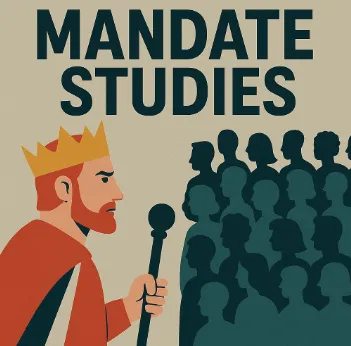
Understanding How the Mandate Effects Our Government by Sections of the Mandate
The following is a breakdown of the 900+ pages in a deeper breakdown of the authors, the standards, diagnosing the reforms, deep understanding of what our tax payer dollars provide and a deeper understanding of the deep Right. We do not have a deep Left issue, we have a issue with those who are lacking credibility with plans that are outlined in black and white. Instead of just living through the next 4 years, learn from America's Mistake for allowing nepotism to override political career morally sound individuals to decide people's fate versus those who are born of privilege. In these library of collective thoughts please feel free to join the movement...
Monitoring the Mandate by diving into the authors, contributors and current implementation of the project 2025 mandate created in 1978 first ran by Ronald Raegan with the Heritage Foundation.
Understanding the fundamentals of the Mandate by diving into the theories, philosophies and breakdowns from the section "Taking the Reins of Government" with break downs from
Understanding the fundamentals of the Mandate by diving into the theories, philosophies and breakdowns from the section "The Common Defense" with break downs from:
Understanding the fundamentals of the Mandate by diving into the theories, philosophies and breakdowns from the section "The General Welfare" with break downs from:
Understanding the fundamentals of the Mandate by diving into the theories, philosophies and breakdowns from the section "The Economy" with break downs from:
Understanding the fundamentals of the Mandate by diving into the theories, philosophies and breakdowns from the section "Independent Regulatory Agencies" with break downs from:
Understanding the fundamentals of the Mandate by diving into the theories, philosophies and breakdowns from the section "Onward" with break down and final thoughts on project 2025:
Understanding the Mandate , What it means to you and how can we grow from learning it.

Stand up for US Department of Education Against Project 2025 Mandates
The future of education is at a crossroads, and the Department of Education plays a vital role in ensuring access to quality learning opportunities for all. However, proposed policies threaten to dismantle essential programs, impacting students, teachers, and communities nationwide. By joining together, we can advocate for a strong, well-supported education system that prioritizes inclusivity, innovation, and success. Whether through raising awareness, participating in discussions, or pushing for informed policies, every effort counts in safeguarding the integrity of public education.
This is a call to action for educators, advocates, and concerned citizens to come together and make a difference. Through collective knowledge and active engagement, we can challenge harmful reforms and champion initiatives that strengthen the Department of Education. The upcoming virtual workshop on April 21-23 will provide key insights into these urgent matters, equipping participants with the tools to take action. Let’s stand for the future of education—because protecting learning today ensures a brighter tomorrow for all. Join us in this mission and help drive meaningful change!
Power Point For 3 Day Workshop 6pm-8pm April 21-23, 2025
Understanding the Mandate Which Touches the Following
The following is a breakdown of the 900+ pages in a deeper breakdown of the authors, the standards, diagnosing the reforms, deep understanding of what our tax payer dollars provide and a deeper understanding of the deep Right. We do not have a deep Left issue, we have a issue with those who are lacking credibility with plans that are outlined in black and white. Instead of just living through the next 4 years, learn from America's Mistake for allowing nepotism to override political career morally sound individuals to decide people's fate versus those who are born of privilege. In these library of collective thoughts please feel free to join the movement...
Executive overreach redefining the Constitution and it's relationship with the other branches
The Common Defense Outlining the Agency Roles
US Press
International Press
The Economy Outlines the Roles
Case for Fair Trade
Case For Free Trade
The Independent Regulatory Agencies Outlines the Roles For Agencies
The propose for this Summary is in an attempt to allow others to understand that this mission statement known as the Mandate is different than just a political movement. This movement purpose is not meant to help those who it claims to and we would argue that their Mandate has and will do damage to our world. This has been a journey of exploration, interesting, hypocritical, short sighted and often times cruel in nature.
Small Call to Action Headline
Small Call to Action Headline
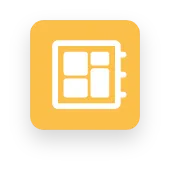
Website Development
Custom Website DesignResponsive Web DevelopmentUser Experience (UX) DesignE-commerce Website DevelopmentContent Management System (CMS) Integration

Dev Development
Full-Stack DevelopmentFrontend DevelopmentBackend DevelopmentAPI Development and IntegrationDatabase Design and Management
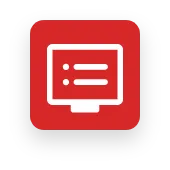
Scrum Master Services
Agile Project ManagementScrum Master ConsultationSprint Planning and ExecutionTeam Collaboration and CoordinationContinuous Improvement Strategies
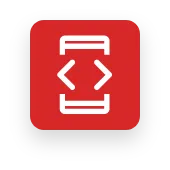
Mobile App Design
iOS App Development
Android App Development
Cross-Platform App Development
Mobile App UI/UX Design
App Maintenance and Support
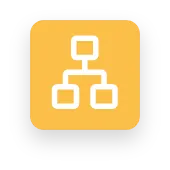
Online Marketing
Search Engine Optimization (SEO)Social Media MarketingContent MarketingEmail MarketingPay-Per-Click (PPC) Advertising
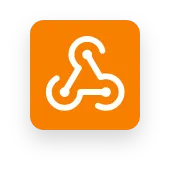
Drone Services
Aerial Photography and VideographyDrone Mapping and SurveyingInspection and Monitoring ServicesGIS (Geographic Information System) IntegrationCustom Drone Software Development
“ eMillion Concepts. eMillion People. eMillion Solutions.”
© 2024 E-Millions Consulting Services - All Rights Reserved,
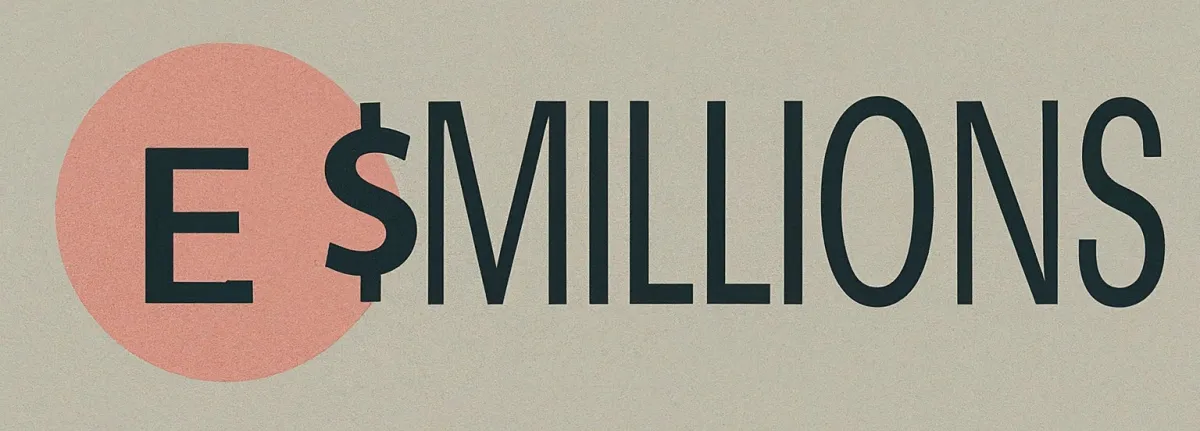
etechmilli@gmail.com
(404) 723-3940
© 2025 Company Name - All Rights Reserved, consectetur adipiscing elit. Maecenas commodo suscipit tortor, vel tristique sapien
